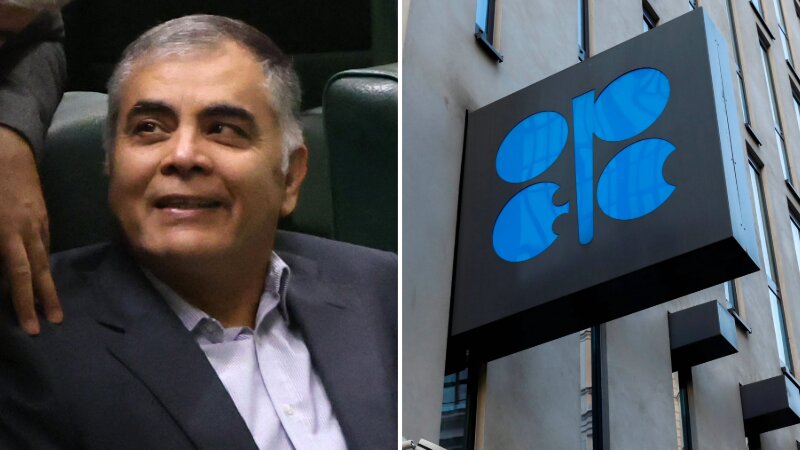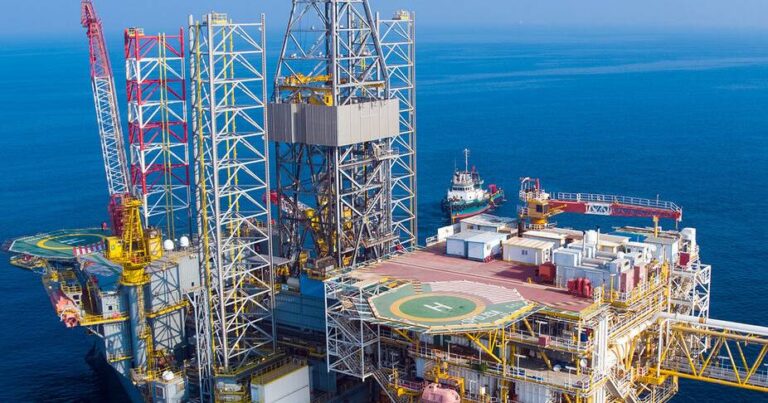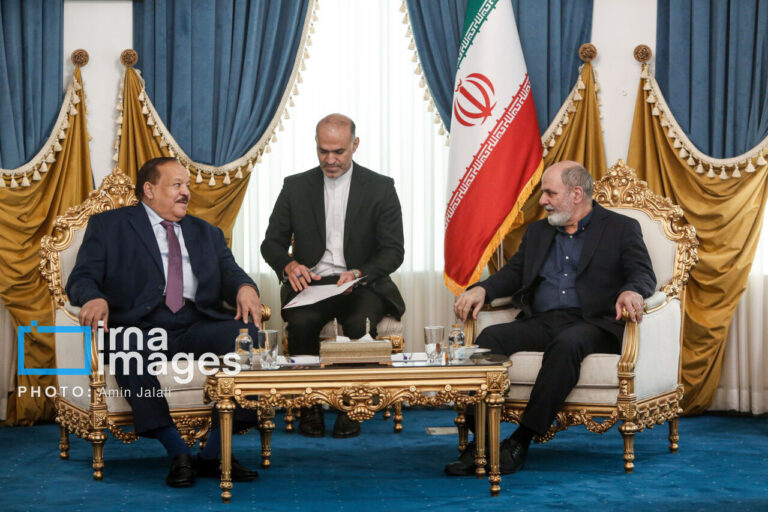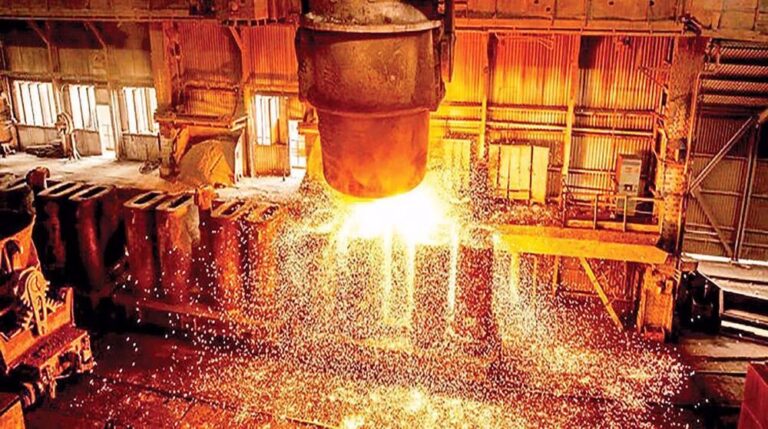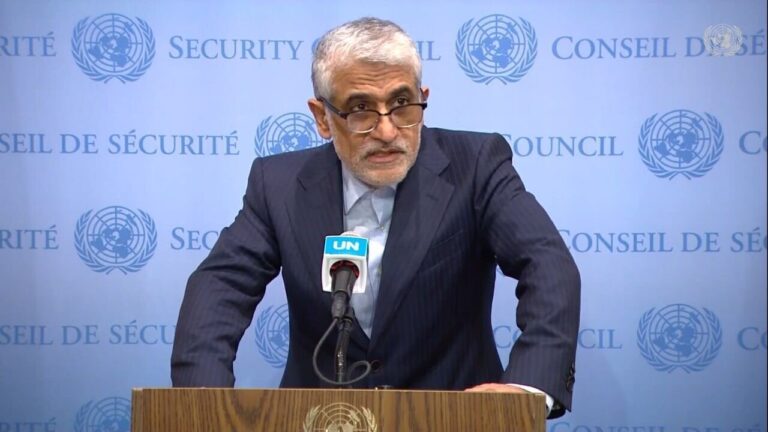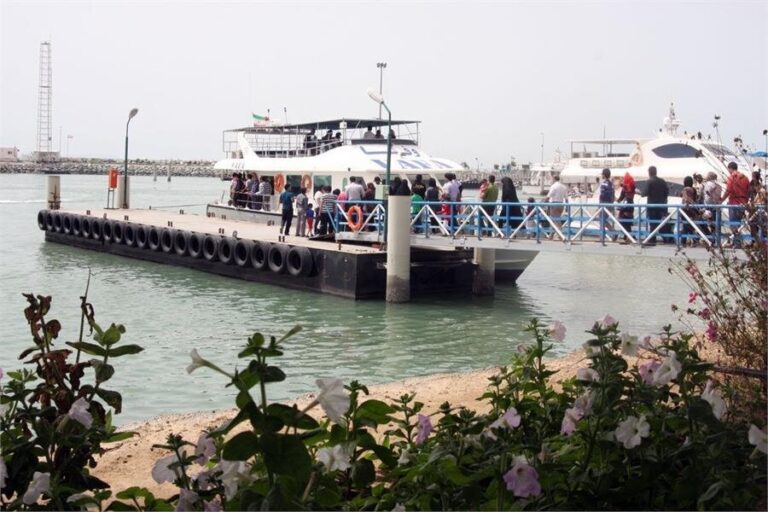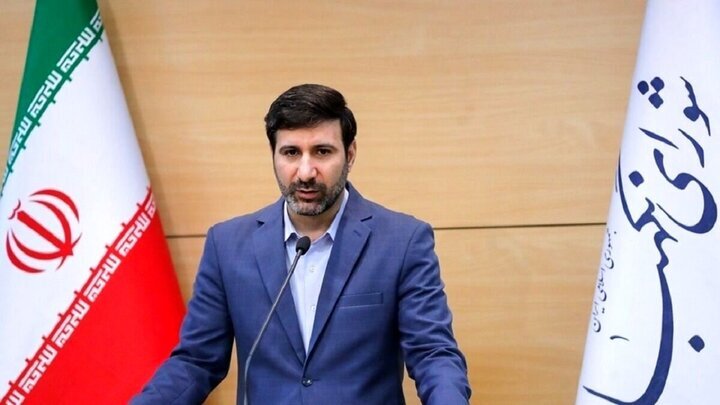Oil Minister Sounds Alarm: Unilateral Sanctions Threaten Global Oil Market Stability
In today’s volatile global landscape, depoliticizing the oil market is becoming increasingly crucial for ensuring energy security. This sentiment was echoed by Paknejad, who emphasized the significance of maintaining stability in the oil market for the benefit of all stakeholders involved.
Paknejad articulated that imposing unilateral sanctions on major oil producers, as well as exerting undue pressure on OPEC, directly undermines the stability of both the oil and energy markets. This instability can ultimately lead to adverse effects for consumers around the globe.
During a recent meeting, Paknejad underscored the historical role played by OPEC+ member countries in fostering market stability and supporting global economic growth. He commended the international organization for:
- Fostering solidarity among OPEC+ producers
- Promoting constructive engagement with energy consumers worldwide
The minister highlighted the importance of continuing this collaborative approach, stating that the OPEC and non-OPEC cooperation framework, built on fundamental principles, has created a model for:
- Sustainable relations among member countries
- Stable interactions within the global oil market
Paknejad, who is set to chair the OPEC Conference in 2025, reiterated that the need to depoliticize the oil market is essential for energy security. He cautioned that unilateral sanctions, along with external pressures on OPEC, could destabilize oil and energy markets, which ultimately harms consumers worldwide.
Moreover, the minister outlined some of the pressing challenges currently confronting the global oil industry, most notably the urgent need for investment in both upstream and downstream sectors. This investment is necessary to ensure energy security in terms of both supply and demand.
Paknejad attributed the rising concerns among major energy consumers regarding market stability and supply security to:
- Political decisions aimed at pressuring OPEC+
- Regulatory restrictions hampering new investments in the oil industry’s upstream sector
As a founding member of OPEC, Iran remains steadfast in its commitment to supporting the organization’s decisions aimed at achieving sustainable market stability. In his upcoming role as OPEC Conference President in 2025, Paknejad pledged to:
- Strengthen unity among member countries
- Enhance cooperation with non-OPEC allies to benefit the interests of oil producers
By fostering a more united approach, Paknejad aims to fortify the position of OPEC and its member states in the global oil market. He believes that a collaborative environment will lead to better outcomes for all stakeholders, particularly in a time when geopolitical tensions and economic uncertainties threaten market stability.
Ultimately, the call for a depoliticized oil market is not merely a strategic move; it is essential for the long-term health of the global energy landscape. Paknejad’s insights serve as a reminder of the interconnectedness of nations and the need to prioritize cooperation over conflict.
In conclusion, as the world looks toward 2025 and beyond, the focus must remain on creating a stable and secure oil market that benefits producers and consumers alike. The collaborative efforts of OPEC+ countries, as emphasized by Paknejad, are vital in navigating the challenges ahead and ensuring energy security for future generations.
In this ever-evolving scenario, the role of organizations like OPEC becomes increasingly significant. Their ability to adapt and respond to market dynamics while promoting solidarity among member states will be crucial in shaping the future of the global oil industry.
As we move forward, it is crucial to monitor how these developments unfold and to seek solutions that prioritize both stability and sustainability in the oil market.
